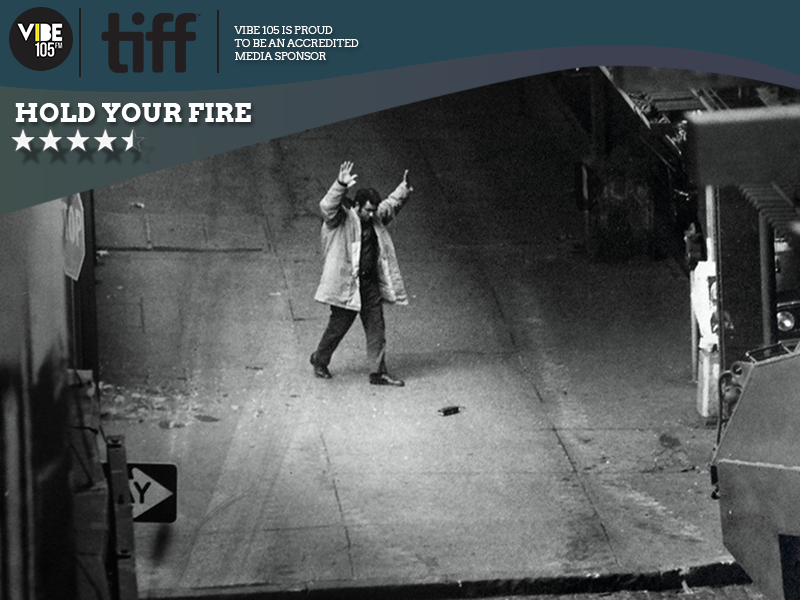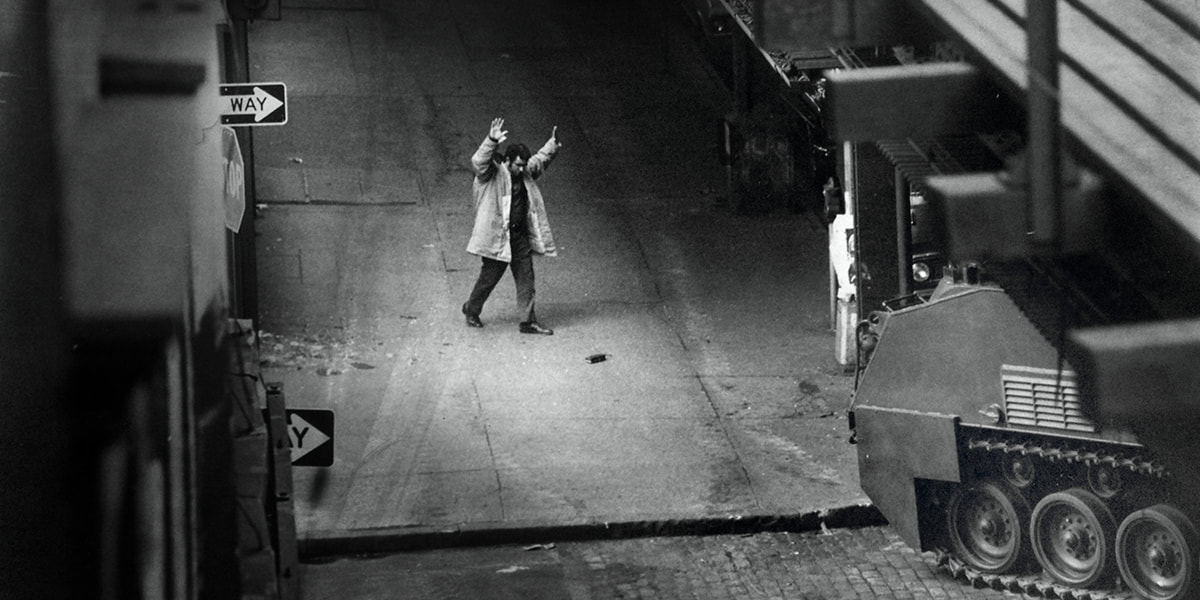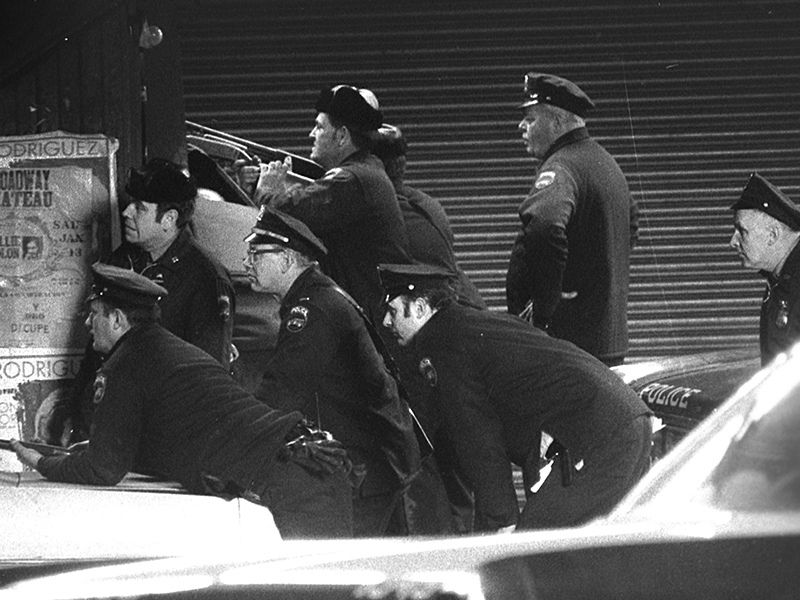TIFF ’21 Hold Your Fire: Teaching us that negotiations should never be met with guns ablaze9/14/2021
By Nelie Diverlus “America was built on violence” – a profound, resonating statement that is made during this film. Hold Your Fire reflects on the evolution of the hostage negotiation strategy, in addition to pondering on if it is possible to evolve from actions. This story centres around the longest hostage siege of New York City, all occurring both inside and outside of a sporting goods store in Williamsburg, Brooklyn “Hold Your Fire reflects on the evolution of the hostage negotiation strategy, in addition to pondering on if it is possible to evolve from actions.” The year is 1973, and the increased over-policing of predominantly Black communities is progressively damaging the civility between Black people and the police. Communities are being torn apart by police brutality, and gang violence is at a peak. Four Black, Muslim men, led by Shu’aib Raheem, take it upon themselves to protect themselves and their families. In order to fulfill is, they deem it best to hold a robbery at a sporting goods stores and steal the weaponry they require. The film provides interviews with both members of the robbery themselves, as well as the police involved with incident and witnesses (one of them being a hostage himself, the other being the daughter of a hostage). Hold Your Fire functions as an interconnected web – all of the subjects have a role to play with one another, and that makes this film all the more fascinating. Director Stefan Forbes brilliantly executes a long-standing conflict between the Black community and the police force. By having the subjects of the film vary in roles with the robbery, the viewer can adequately take in all accounts of the story; further allowing us to draw our own conclusions that are not rooted in bias. It resembles a game of broken telephone – it seems as if the subjects are speaking to one another, using the interviewer as a mediator. “Hold Your Fire functions as an interconnected web – all of the subjects have a role to play with one another, and that makes this film all the more fascinating.” This story provides ample use of found footage to propel the story further. The extensive images and videos (supported by the soundtrack) allows the viewer to be transported to the 1970’s. The soundtrack at times also sounded as if it were a horror movie soundtrack – this effectively increased the tension tenfold. It is also rather satisfying getting to see the first-hand accounts of the events through records, rather than having all of the information hurled at the viewers. The tension is shown to enter the story right from the beginning, with a stunning setup. The energy does not falter; even in moments of intimacy reflection, the stakes remain at the same level, constantly leaving us wondering where our allegiance should remain. There is a constant battle between right and wrong – a battle that never seems to get resolved, perhaps intentionally. The decision to split the film into sections of a timeline is marvellous. This allows for a beautiful flow in the story, never abandoning the viewer in confusion of events. The 47 hours in which the event occurred proved to be gruelling – if not properly edited, it would have been fairly easy to have the viewer warped in perplexity. Hold Your Fire eliminates that possibility by allowing the subjects to appropriately walk the viewer through the event, often through extensive sensory details. While the film’s message stands strong, it would be a mistake to overlook the slight glorification of police. There is proof that there were many lies said by the police in order to perpetuate the condemnation of the robbers, and that seems to be glossed over in order to hear their side of the events. While the actions of the robbers were indeed an infraction, the motive to protect themselves against a system that never ceases to fail them rings loud and clear – a fact that is dismissed within this film. “While the actions of the robbers were indeed an infraction, the motive to protect themselves against a system that never ceases to fail them rings loud and clear – a fact that is dismissed within this film.” Hold Your Fire actively challenges our perceptions of right and wrong, in ways that centre everyone’s story. Themes of morality and humanity are two distinct, strong forces within this story, and director Stefan Forbes successfully engages us in thinking about how we act in the midst of chaos and uncertainty. Editor’s Note: Hold Your Fire screened at the Toronto International Film Festival ’21, as part of the TIFF DOCS programme.
|
Recent Posts
Categories
All
Archives
February 2022
|
|
GET THE APP!
Listen to VIBE 105 anywhere you go!
|
OUR STATION
|
TUNE IN RADIO
|
STAY CONNECTED
|
Copyright © 2021 Canadian Centre for Civic Media and Arts Development Inc. Except where otherwise noted, presentation of content on this site is protected by copyright law and redistribution without consent or written permission of the sponsor is strictly prohibited.





 RSS Feed
RSS Feed


